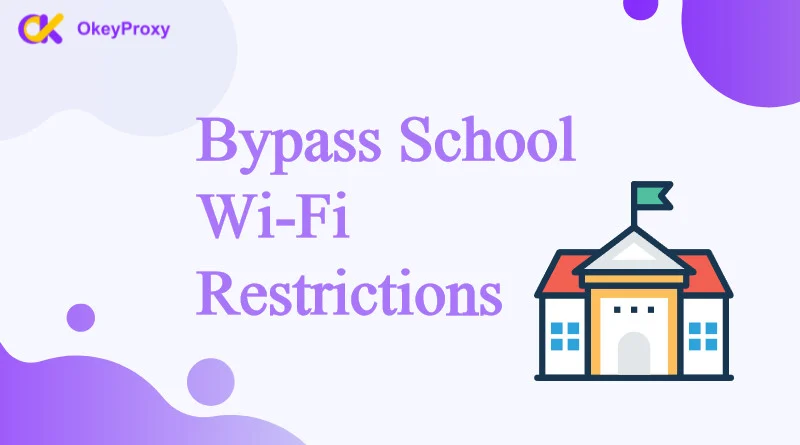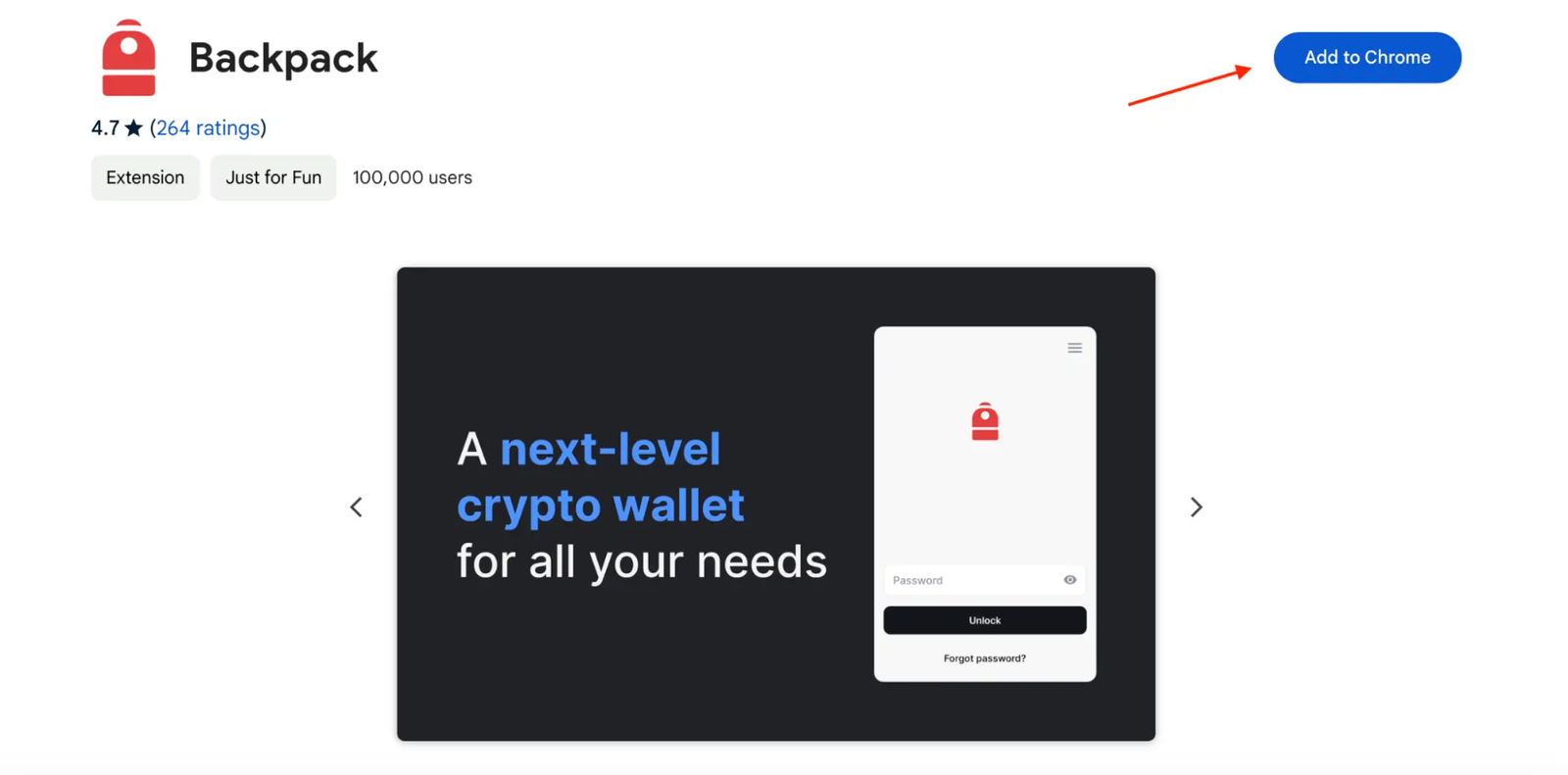
In educational institutions, internet access is often regulated to ensure that students remain focused on their studies and are protected from inappropriate content. However, these restrictions can sometimes be overly broad, preventing access to useful resources. This article discusses strategies for accessing blocked content on school networks while considering the implications of such actions.
One effective strategy is utilizing a Virtual Private Network (VPN). By encrypting your internet traffic and routing it through an external server, a VPN can help you access restricted websites. It's important to choose a VPN that offers robust security features and a no-logs policy to protect your privacy. However, students should be aware that using a VPN might violate school policies and could be detected by network monitoring tools.
Proxy servers provide another means of accessing blocked content. They act as intermediaries between your device and the internet, allowing you to bypass restrictions by routing your requests through a different server. While proxies can be effective, they often lack the security and privacy features of VPNs. Additionally, many schools actively block known proxy servers, so finding a reliable and unblocked proxy can be challenging.
Another approach is to use the Tor browser, which anonymizes your browsing activity by routing your connection through a network of volunteer-operated servers. Tor can effectively bypass many types of restrictions, but it is generally slower than other methods due to its multi-layered encryption process. Additionally, using Tor might raise red flags with school network administrators because of its association with privacy-focused activities.
For less technically complex solutions, students can consider using mobile data as an alternative to WiFi. If a particular website or resource is blocked on the school network but is accessible through cellular data, this can be a straightforward workaround. However, this approach may incur additional data charges depending on your mobile plan.
It's crucial to approach the question of bypassing school WiFi restrictions with an understanding of the ethical considerations involved. Schools implement these filters to create a safe and focused educational environment. Bypassing these restrictions without permission can lead to disciplinary actions and potentially jeopardize your standing with school authorities. Therefore, it's advisable to assess whether accessing blocked content is truly necessary and to seek permission from teachers or administrators if it serves an educational purpose.
In conclusion, while there are several strategies available for accessing blocked content on school networks, students should use these methods judiciously and responsibly. Balancing the need for information with adherence to school policies is essential for making informed and ethical decisions about internet use in educational settings.
More information:
https://www.okeyproxy.com/proxy/bypass-school-wifi-restrictions-filters/




评论 (0)